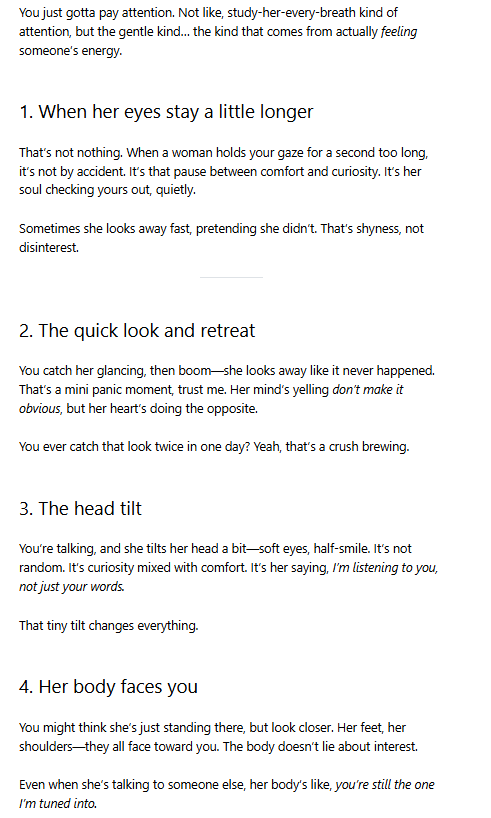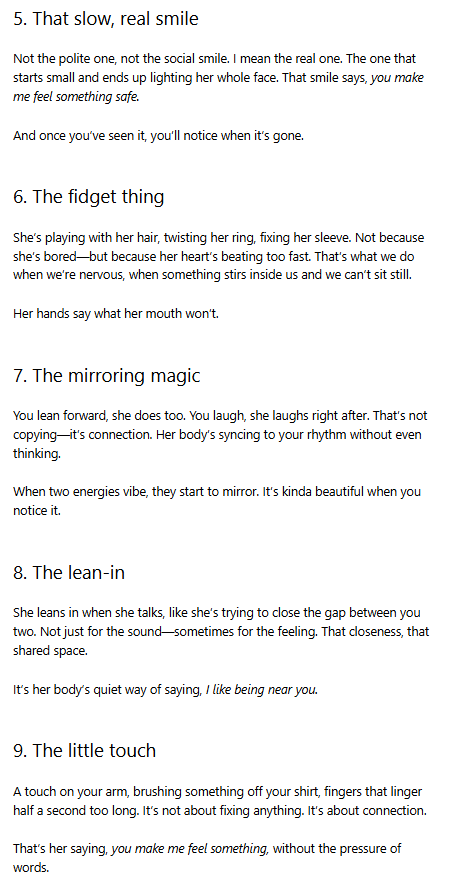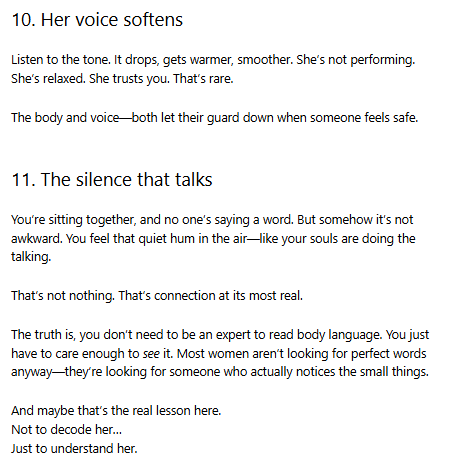In a world that moves faster than ever, it’s easy to feel overwhelmed. Our minds often resemble a crowded room — thoughts competing for attention, emotions bumping into one another, and endless to-do lists piling up in every corner. Amid this chaos, journaling emerges as one of the simplest yet most powerful tools for clearing mental clutter and cultivating self-awareness.
Journaling is more than putting words on a page; it’s a process of untangling the knots in our minds. It helps us slow down, process experiences, and reconnect with our inner voice. Whether you’re writing in a traditional notebook, typing into a digital app, or recording short reflections on your phone, journaling can transform the way you relate to your thoughts and emotions.




The Weight of Mental Clutter
Before understanding how journaling helps, it’s important to recognize what mental clutter actually is. Mental clutter is the accumulation of unresolved thoughts, worries, plans, and memories that occupy valuable space in your mind. It’s the noise that keeps you awake at night, the distraction that prevents focus, and the invisible weight that makes even simple decisions feel exhausting.
When our minds are cluttered, our ability to think clearly diminishes. We may overthink, replay past events, or jump anxiously between future scenarios. Over time, this mental overload can lead to stress, irritability, and burnout. That’s where journaling steps in — as a gentle, accessible way to release what’s been crowding your head.
Writing as a Form of Mental Decluttering
The act of writing is inherently clarifying. When you put thoughts into words, you’re forced to slow down and organize them. Instead of letting ideas swirl aimlessly, journaling gives them form and structure. This simple act of translating thoughts into language helps you understand what’s really going on inside.
Often, the things we worry about are vague — a feeling that something’s wrong, a fear we can’t name, or a goal that feels just out of reach. Writing them down transforms those abstract thoughts into something tangible. You can see them, analyze them, and decide what to do next.
For instance, if you’re feeling anxious, writing out the specific causes of your anxiety can reveal patterns or triggers you weren’t aware of. You might discover that your stress isn’t about a single event but a recurring situation, such as overcommitting your time or avoiding difficult conversations. Once you identify these patterns, you can take practical steps to change them.
The Therapeutic Power of Expression
Journaling isn’t just about analyzing your thoughts; it’s also about emotional release. Suppressed feelings — anger, grief, frustration, or sadness — often accumulate when we don’t have safe outlets for expression. Writing offers that outlet.
When you allow yourself to freely express emotions on paper, you create a private, judgment-free space where you can be completely honest. You don’t need to censor yourself or worry about how others will react. This kind of expressive writing has been shown in numerous psychological studies to reduce stress, improve mood, and even strengthen immune function.
The simple habit of writing for 10–15 minutes a day can help you process experiences that might otherwise linger in your subconscious. It’s like cleaning out emotional clutter — letting go of what no longer serves you and making room for new insights and peace of mind.
Promoting Mindful Awareness
Beyond emotional release, journaling also nurtures mindfulness — the practice of being present with your thoughts and feelings without judgment. When you journal, you become an observer of your inner world. You start to notice how your mind works: the recurring themes, the triggers, the small joys that often go unnoticed.
This kind of self-observation deepens awareness. Instead of reacting impulsively to emotions, you begin to respond consciously. For example, if you notice that you often feel irritable after long work meetings, you might explore why that happens and how to adjust your approach. Over time, journaling turns awareness into wisdom — helping you make more intentional choices aligned with your values.
Many people find that journaling first thing in the morning or before bed enhances this sense of awareness. Morning journaling can help set intentions for the day ahead, while evening reflections allow you to process the day’s events and release lingering tension. Either way, it grounds you in the present moment, cutting through the mental noise that often clouds judgment.
How Journaling Enhances Clarity and Focus
Mental clutter often leads to indecision and lack of focus. When your mind is overloaded, even small tasks can feel daunting. Journaling helps by decluttering your thoughts and prioritizing what truly matters.
One effective technique is brain dumping — writing down every thought, task, or worry without editing. Once it’s all on paper, you can organize your list, identify priorities, and let go of what’s unnecessary. This process often brings instant relief and renewed mental energy.
Similarly, goal-oriented journaling can improve clarity. By writing about your long-term goals and the steps needed to achieve them, you reinforce motivation and accountability. Reviewing your journal entries over time allows you to see progress and refine your path.
In essence, journaling becomes a mental sorting system: it separates the essential from the trivial, the meaningful from the distracting. As a result, focus and productivity naturally improve.
The Connection Between Journaling and Self-Discovery
As you journal consistently, you begin to notice patterns — not just in your emotions, but in your behaviors, relationships, and decision-making. You might realize that certain choices consistently bring satisfaction, while others lead to frustration. You may also uncover deeper beliefs or fears driving your actions.
This process of self-discovery is invaluable. It helps you align your external life with your internal truth. Instead of living reactively, you begin to live intentionally, guided by self-understanding.
For many people, journaling also reveals their authentic voice — the quiet, honest part of themselves that often gets drowned out by external expectations. Over time, journaling strengthens this voice, helping you live more confidently and authentically.
Practical Tips for a Meaningful Journaling Practice
If you’re new to journaling, getting started can feel intimidating. But remember: there’s no right or wrong way to do it. The key is consistency and honesty. Here are some tips to build a fulfilling journaling habit:
- Set aside dedicated time. Choose a time each day — morning, evening, or during a break — to sit quietly and write without distractions.
- Start small. Even five minutes of writing can make a difference. You don’t need to fill pages; the goal is to express, not impress.
- Write freely. Don’t worry about grammar, spelling, or structure. Let your thoughts flow naturally.
- Use prompts if needed. Questions like “What’s on my mind right now?” or “What do I need to let go of today?” can help you get started.
- Reflect on past entries. Revisiting old journal pages allows you to see how much you’ve grown and what lessons keep resurfacing.
- Keep it private. Your journal is your safe space. Protect that privacy so you can write without self-consciousness.
- Experiment with styles. Try gratitude journaling, bullet journaling, or creative journaling to see what resonates most.
The Long-Term Benefits of Journaling
Over time, journaling doesn’t just clear mental clutter — it reshapes how you think, feel, and respond to life. Regular writers often report increased emotional resilience, stronger intuition, and better decision-making. The process encourages self-compassion, reminding you that you are both the author and the observer of your experiences.
Moreover, journaling enhances creativity. When your mind is uncluttered, new ideas flow more freely. Many artists, entrepreneurs, and thinkers use journaling as a way to brainstorm, reflect, and refine their visions.
Ultimately, journaling is a dialogue with yourself — a conversation that deepens with every page. It’s a tool for clarity, healing, and growth that anyone can access, anywhere, anytime.
Final Thoughts
In an age of constant information and distraction, journaling offers a rare and precious opportunity: the chance to pause, reflect, and listen inward. By clearing mental clutter and cultivating awareness, it reconnects you with your inner calm and wisdom.
The next time you feel overwhelmed or uncertain, open a blank page. Write whatever comes to mind — fears, hopes, frustrations, dreams. With each word, you’ll find your thoughts settling, your emotions softening, and your awareness expanding. Journaling isn’t just about recording your life; it’s about understanding it, one page at a time.



